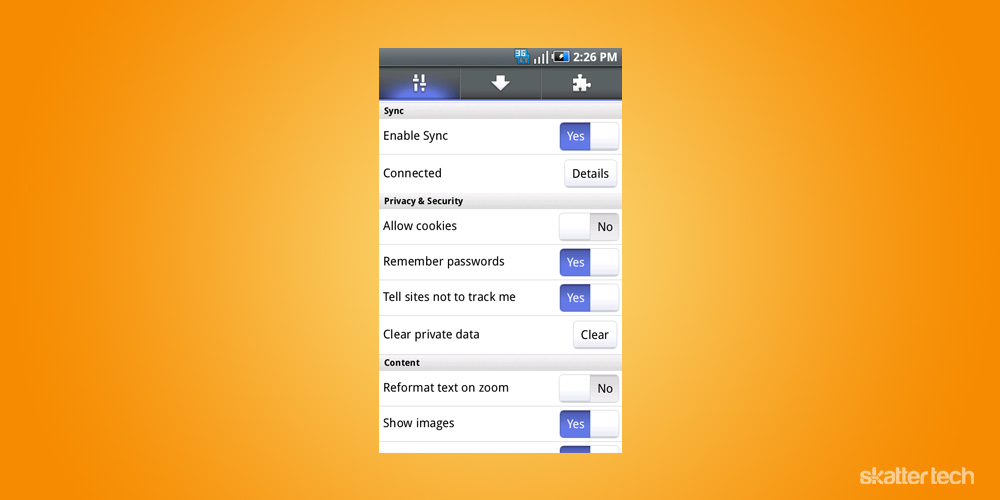That Was Quick: Mozilla Releases Firefox 5

Firefox 5 is Mozilla’s first major move in the new rapid release cycle for the browser. The company released Firefox 4 on March 22, and just three months later Firefox 5 is superseding it. To compare, it took about 21 months to get from version 3 to version 4. Mozilla’s reason for switching to faster, stable releases is simple:
Mozilla’s shift to a rapid release development cycle delivers cutting edge Firefox features, performance enhancements, security updates and stability improvements to users faster.
They are not the first company to make this change, however. Google started an insanely fast release schedule with the Chrome browser, delivering a new upgrade every six weeks. It might be a struggle for Mozilla to keep up with that, but every three months is still a pretty good pace.
Firefox 5 includes a number of new features and improvements, but none of it is anything the average user will get excited about. Most of the changes in this version are under the hood. These include support for CSS animations, JavaScript and memory peformance improvements, and added support for standards such as HTML5. As with any release, there are stability and security fixes thrown in too.
Firefox 4 debuted an interesting feature called Do Not Track. In many ways, it is somewhat of an extension to Private Browsing, a feature now found in all modern web browsers. Instead of just not storing cookies and other data locally, the feature tells the website the user is visiting not to store data. Often times, websites collect this type of information to send to advertisers for more customized ads, among other purposes. Do Not Track attempts to put a stop to it. In Firefox 5, Mozilla made this preference more prominent in the browser.

Along with Firefox 5 for the desktop, Mozilla also released a new version of Firefox for Android. The update has much of the same improvements as the desktop version, like support for Do Not Track and multiple fixes. Firefox for Android goes by the version number 5.0 as well, just like its older brother.
Those who appreciated the big leaps from one version of Firefox to another probably are not too happy with Mozilla’s switch to rapid releases. The more noticeable features are often left out in quick cycles like this. The good news is that more frequent updates ensures the browser is modern and on par with other browsers in terms of both features and security. This might be enough to give Firefox’s declining market share a boost.
Links: Firefox 5 | Firefox for Android